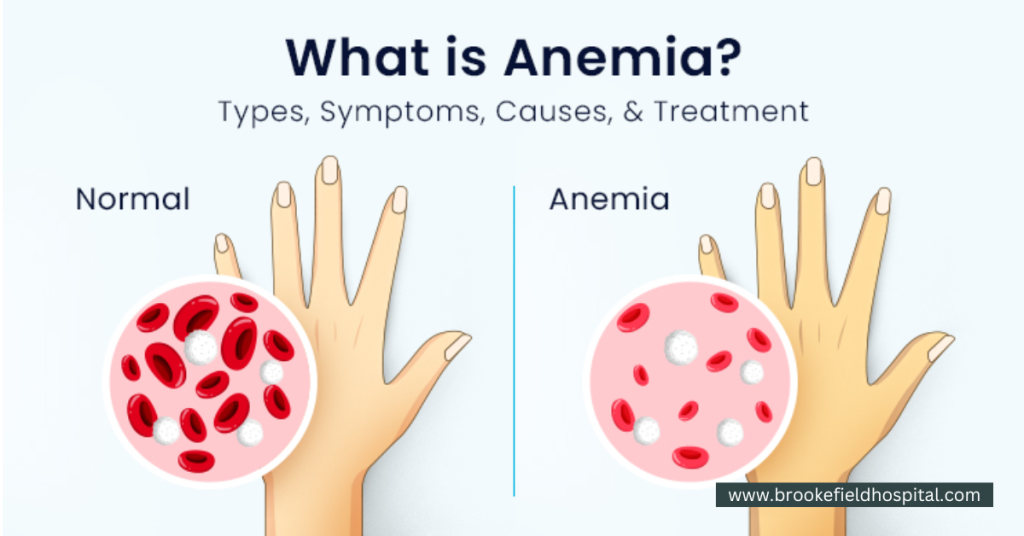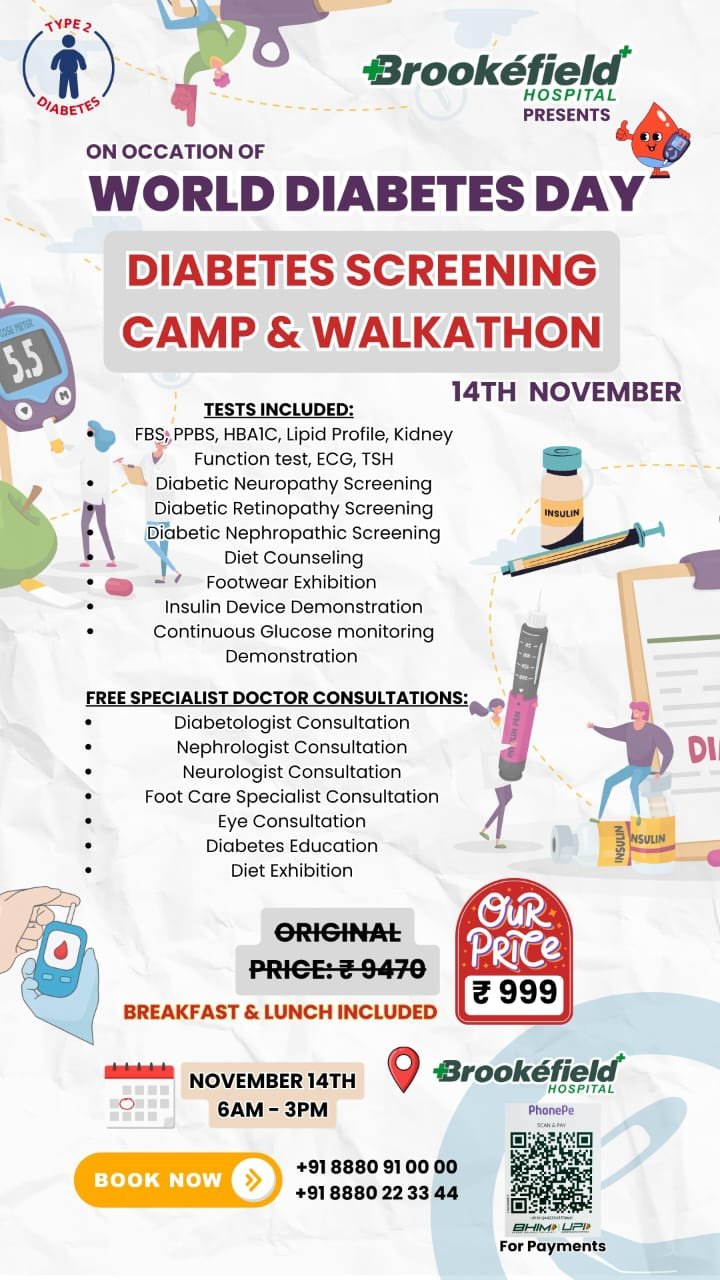Anaemia is a common blood disorder that affects millions of people worldwide. It occurs when the body does not have enough healthy red blood cells to carry oxygen to the tissues. This can lead to fatigue, weakness, and other symptoms that can significantly impact a person’s quality of life.
In this comprehensive guide, we will delve into the topic of anemia, exploring its causes, symptoms, diagnosis, treatment options, and more. So, let’s dive right in and discover everything you need to know about anemia.
What is Anaemia?
Anaemia is a medical condition characterized by a decrease in the number of red blood cells or a decrease in the amount of hemoglobin in the blood. Hemoglobin is a protein responsible for carrying oxygen from the lungs to the body’s tissues. When there is a shortage of red blood cells or hemoglobin, the body does not receive an adequate supply of oxygen, leading to various symptoms.
Types of Anaemia
1. Iron-deficiency Anaemia
Iron-deficiency anemia is the most common type of anemia worldwide. It occurs when the body lacks sufficient iron to produce an adequate amount of hemoglobin. This type of anemia can be caused by a poor diet, chronic blood loss, or an inability to absorb iron properly.
2. Vitamin-deficiency Anaemia
Vitamin deficiency anemia can result from a deficiency in certain vitamins, such as vitamin B12 or folate. These vitamins are essential for red blood cell production. A lack of vitamin B12 or folate can impair the body’s ability to produce healthy red blood cells, leading to anemia.
3. Aplastic Anaemia
Aplastic anemia is a rare but serious condition where the bone marrow fails to produce enough new blood cells. This can be caused by certain medications, radiation therapy, autoimmune diseases, or inherited conditions.
4. Hemolytic Anaemia
Hemolytic anemia occurs when red blood cells are destroyed or removed from the bloodstream prematurely. This can be due to inherited conditions, infections, autoimmune disorders, or certain medications.
5. Sickle Cell Anaemia
Sickle cell anemia is an inherited form of anemia characterized by abnormally shaped red blood cells. These crescent-shaped cells can get stuck in blood vessels, leading to a reduced oxygen supply to tissues and causing pain, organ damage, and other complications.
Causes of Anaemia
Anaemia can have various causes, including:
- Iron deficiency: Inadequate intake of iron-rich foods or poor absorption of iron.
- Vitamin deficiencies: Lack of vitamin B12, folate, or vitamin C.
- Chronic diseases: Conditions such as kidney disease, cancer, or inflammatory bowel disease can interfere with red blood cell production.
- Chronic blood loss: Prolonged menstrual bleeding, gastrointestinal bleeding, or other sources of ongoing blood loss can lead to anemia.
- Inherited disorders: Conditions like sickle cell anemia or thalassemia can cause chronic anemia.
Symptoms of Anaemia
Anaemia can manifest with a variety of symptoms, which may include:
- Fatigue and weakness
- Shortness of breath
- Pale skin and nail beds
- Rapid or irregular heartbeat
- Dizziness or lightheadedness
- Headaches
- Cold hands and feet
- Chest pain
- Difficulty concentrating
Diagnosing Anaemia
If you suspect you may have anemia, it is essential to consult a healthcare professional for a proper diagnosis. The diagnostic process may involve the following:
- Medical history: Your doctor will inquire about your symptoms, medical history, and any underlying conditions that may contribute to anemia.
- Physical examination: A physical examination may reveal pale skin, rapid heart rate, or other signs of anemia.
- Blood tests: Blood tests are crucial for diagnosing anemia. These tests measure the number of red blood cells, hemoglobin levels, and other parameters to determine the type and severity of anemia.
Treatment Options for Anaemia
The treatment for anemia depends on the underlying cause and severity of the condition. Some common treatment options include:
Iron Supplements
In cases of iron-deficiency anemia, iron supplements may be prescribed to replenish iron levels in the body. These supplements are available in various forms, such as tablets, capsules, or liquid, and should be taken as directed by a healthcare professional.
Dietary Changes
For some individuals, making dietary changes can help address anemia. Consuming iron-rich foods, such as lean meats, leafy green vegetables, legumes, and fortified cereals, can boost iron levels in the body. Additionally, incorporating foods rich in vitamin B12 and folate, like fish, eggs, dairy products, and fortified grains, can also be beneficial.
Blood Transfusions
In severe cases of anemia, blood transfusions may be necessary. A blood transfusion involves receiving donated blood from a compatible donor to increase the number of healthy red blood cells in the body.
Medications
Depending on the type and cause of anemia, medications may be prescribed to address underlying conditions or stimulate red blood cell production.
Treatments for Underlying Conditions
If anemia is secondary to an underlying condition, treating that condition may help resolve the anemia. For example, managing kidney disease or addressing gastrointestinal bleeding can alleviate anemia symptoms.
Why Choose Brookefield Hospital (Multispeciality Hospital in Bangalore)?
When considering Brookefield Hospital for anemia treatment, there are several factors that make it a favorable choice. Here are some reasons why you might choose Brookefield Hospital, a multispecialty hospital in Bangalore, for anemia treatment:
Expertise and Specialization: Brookefield Hospital has a team of experienced and highly skilled medical professionals who specialize in treating anemia. They have the knowledge and expertise to accurately diagnose and effectively manage different types of anemia.
Comprehensive Diagnostic Facilities: The hospital is equipped with state-of-the-art diagnostic facilities that aid in the accurate diagnosis of anemia. These facilities include advanced laboratory tests, imaging techniques, and other necessary investigations to determine the underlying cause of anemia.
Personalized Treatment Plans: Each patient’s condition is unique, and at Brookefield Hospital, treatment plans are tailored to individual needs. Medical professionals take into account the underlying cause, severity of anemia, and other relevant factors to develop personalized treatment strategies, which may include medication, blood transfusions, iron supplementation, or addressing the root cause of anemia.
Supportive Care and Rehabilitation: Apart from medical treatment, Brookefield Hospital provides comprehensive supportive care and rehabilitation services for anemia patients. This may include dietary counseling, nutritional support, lifestyle modifications, and counseling to manage any psychological or emotional impact of the condition.
It’s important to note that the choice of hospital ultimately depends on individual preferences, specific medical needs, and the recommendations of your healthcare provider. It is advisable to consult with a healthcare professional or hematologist who can guide you in selecting the most suitable hospital for your anemia treatment.
Frequently Asked Questions (FAQs)
1: Can anemia be prevented?
While certain types of anemia may not be preventable, adopting a balanced diet that includes iron-rich foods and essential vitamins can help reduce the risk of developing anemia. Regular check-ups and prompt treatment of any underlying conditions can also contribute to prevention.
2: Is anemia a life-threatening condition?
In most cases, anemia can be managed effectively with proper treatment. However, severe anemia or underlying conditions causing anemia can pose risks to overall health. It is important to seek medical attention if you experience symptoms of anemia to prevent complications.
3: Can anemia affect pregnancy?
Yes, anemia can affect pregnancy. Pregnant women are at a higher risk of developing iron-deficiency anemia due to increased iron requirements for both the mother and the developing baby. Pregnant women must receive prenatal care and follow the healthcare provider’s recommendations to prevent and manage anemia.
4: Are there any natural remedies for anemia?
While natural remedies may not replace medical treatment, certain lifestyle practices can support overall health and complement anemia management. These may include eating a well-balanced diet, staying hydrated, avoiding excessive caffeine and alcohol consumption, and managing stress levels.
5: Can anemia cause hair loss?
Hair loss can be a symptom of severe or prolonged anemia. When the body lacks an adequate supply of oxygen due to anemia, it can affect hair follicles, leading to hair loss. Resolving the underlying anemia and maintaining a healthy lifestyle can promote hair regrowth.
Conclusion
Understanding anemia is crucial for recognizing its symptoms, seeking a timely diagnosis, and pursuing appropriate treatment. Whether it is iron-deficiency anemia, vitamin-deficiency anemia, or other types, addressing the underlying causes and replenishing essential nutrients is key to managing the condition effectively. By maintaining a healthy lifestyle, seeking medical advice when needed, and following the recommended treatment plan, individuals with anemia can improve their quality of life and minimize the impact of this common blood disorder.




